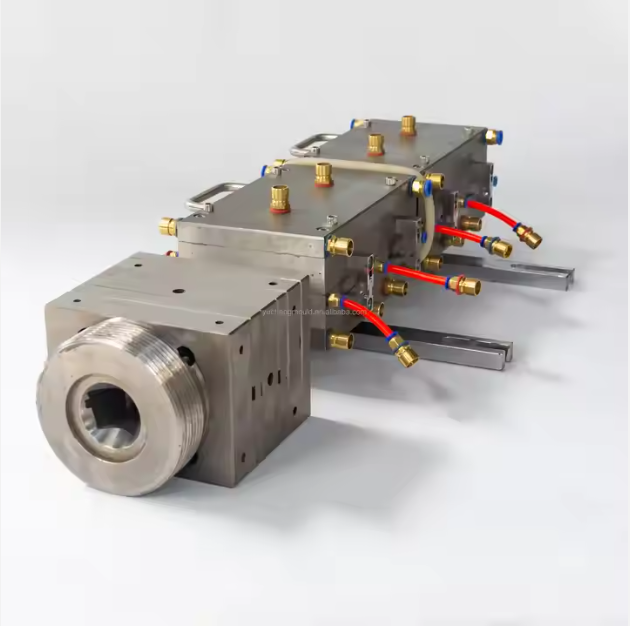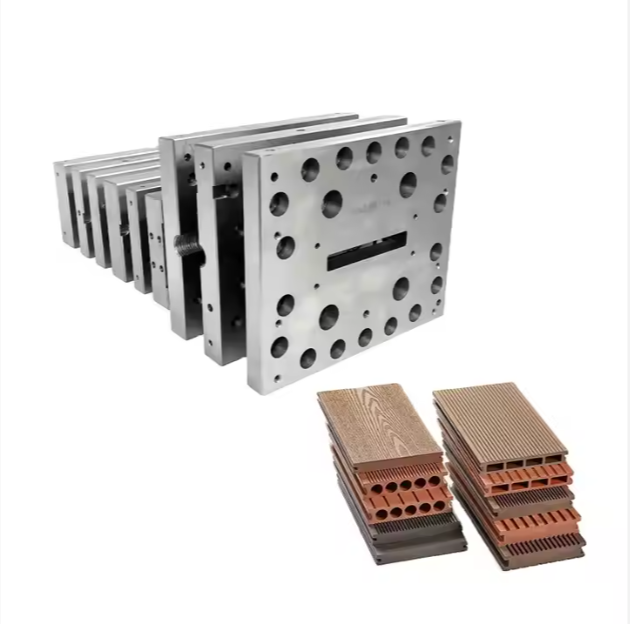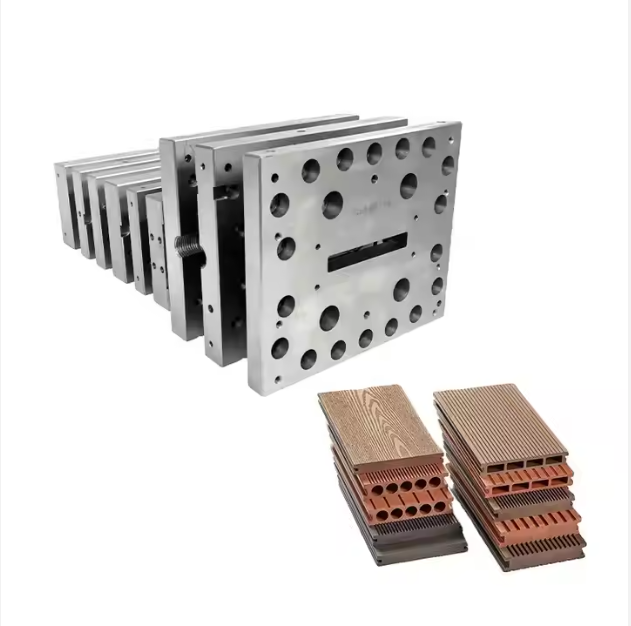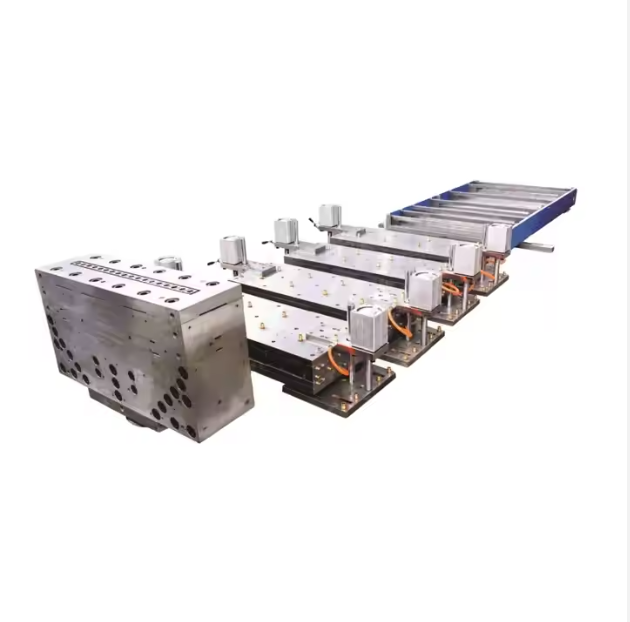Why Choose a Co-Extrusion Mould for Door and Window Seals?
In the U.S. construction and automotive markets, door and window seals play a crucial role. They keep out water, dust, and noise, while also improving energy efficiency. But here’s the deal: the performance of those seals depends heavily on the extrusion mould used to manufacture them.
So, should you choose a co-extrusion mould for seals? Let’s break it down.
What Is a Co-Extrusion Mould?
Unlike a single-material die, a co-extrusion mould allows two or more materials to be combined into one profile. For seals, this usually means:
-
Rigid PVC for structure
-
Soft TPE/TPV for flexibility and sealing
This way, you get the best of both worlds—strength + flexibility in a single product.
Benefits of Co-Extrusion Seals
-
Better sealing performance — flexible lips adapt to gaps
-
Durability — rigid base ensures long-term stability
-
Energy efficiency — helps reduce heating and cooling costs
-
Customization — multiple colors and finishes possible
For U.S. homeowners and automakers, this isn’t just a detail—it’s a selling point.
Common Applications
-
Automotive door and trunk seals
-
Residential and commercial window frames
-
Refrigerator door gaskets
-
Industrial cabinets and enclosures
Pretty much anywhere you need tight sealing + reliable structure.
Why Source from a China Manufacturer?
At Hubei Junhui Mould, we specialize in co-extrusion dies for seals. Here’s why U.S. buyers choose us:
-
20+ years of die design expertise
-
Chrome-plated surface for wear resistance
-
Accurate flow channel design for smooth sealing lips
-
Fast sample testing and support for new product development
We know the U.S. market wants energy-efficient, durable seals—and our tooling makes it happen.
If you’re manufacturing seals in the U.S., switching to a co-extrusion mould is not just a cost decision—it’s a performance upgrade.







